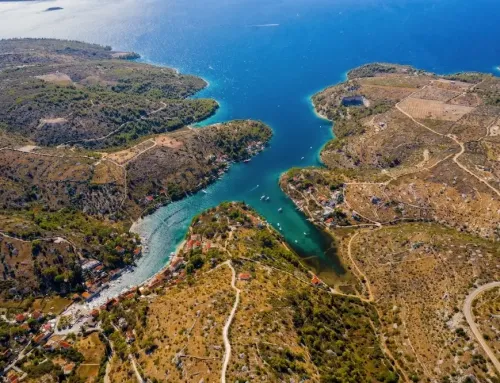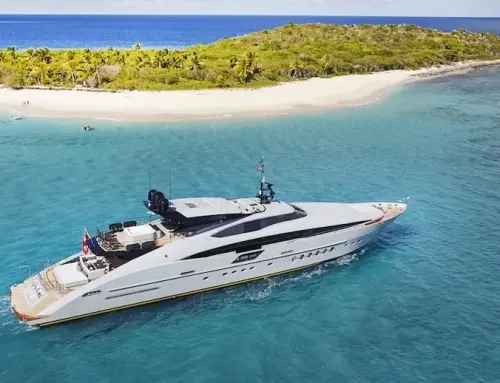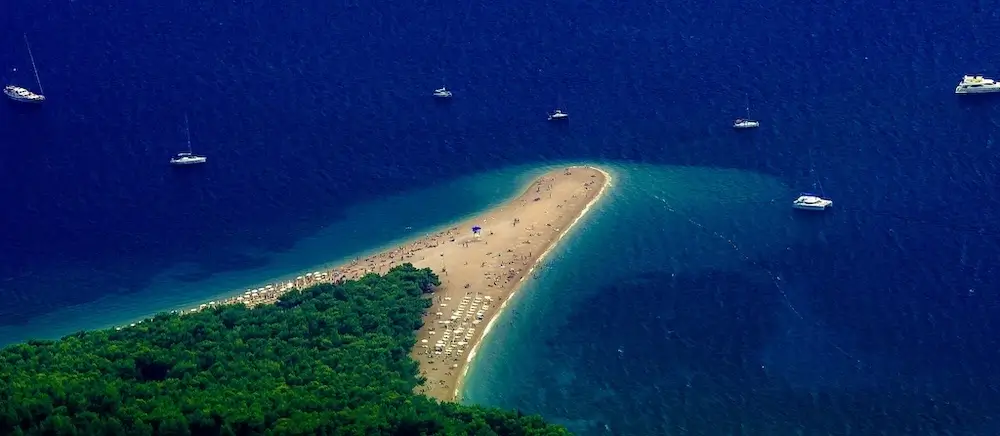
Discovering Authentic Croatian Cuisine: A Gastronomic Journey
Croatia, with its rich history, diverse culture, and stunning landscapes, is a treasure trove of culinary delights. A visit to this European gem promises not just picturesque views, but also a journey through its vibrant food culture that echoes tales of its past, influences from its neighbors, and the abundance of its natural resources. But, what exactly is authentic Croatian food? Let’s dive deep into the heart of Croatia’s culinary heritage.
The Historical Tapestry of Croatian Cuisine
The Influence of Neighbors
Over the centuries, Croatia’s food has been significantly influenced by its neighbors. With Italy to the west, Hungary to the north, and the Ottoman Empire to the east, Croatian cuisine beautifully marries these diverse culinary traditions, resulting in unique dishes that have a story to tell.
The Bounty of the Adriatic
The Adriatic Sea, which kisses the Croatian coast, provides an abundance of seafood. Fresh fish, shellfish, and other marine delights have become staples in the coastal regions of Croatia. Thus, when you charter a yacht in Croatia, you’re not just exploring the stunning coastline, but also the rich maritime food culture.
The Richness of the Land
From its fertile plains to its lush forests, the Croatian land produces a plethora of fresh produce. This abundance of natural resources, combined with age-old farming practices, ensures that traditional Croatian dishes are fresh, organic, and bursting with flavors.
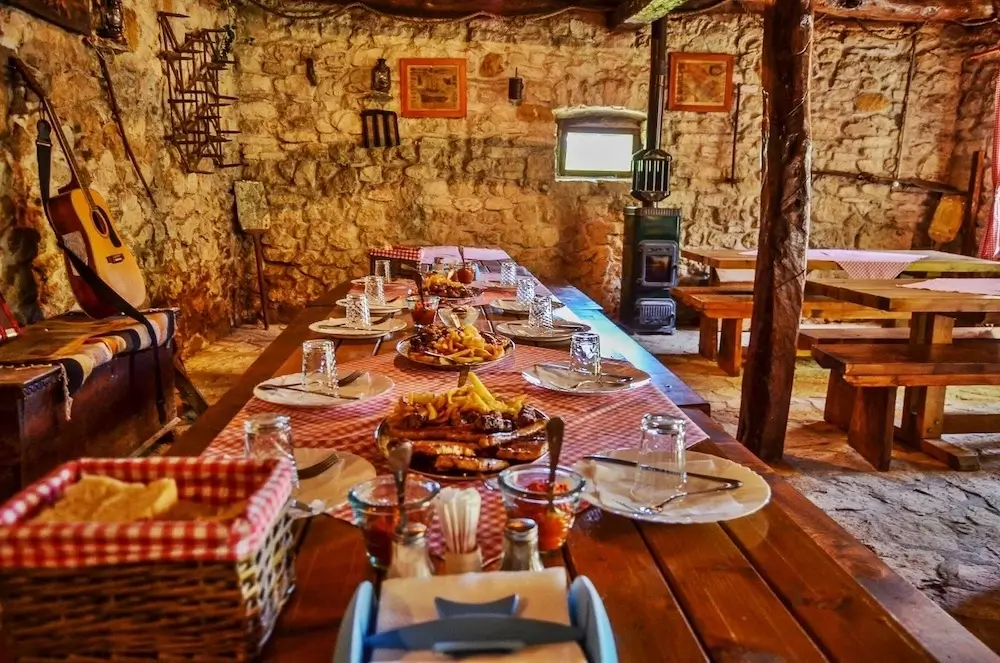
Discovering Authentic Croatian Cuisine A Gastronomic Journey 5
Must-Try Authentic Croatian Dishes
Ćevapi
These small, grilled minced meat sausages, often made from a mix of beef and lamb, are a Balkan favorite. Served with somun (a type of flatbread) and raw onions, Ćevapi is a must-try when in Croatia.
Peka
A true Croatian delicacy, Peka is a dish where meat and vegetables are cooked under a bell-like dome, or ispod čripnje. The food is baked in a fireplace, under embers, resulting in a succulent, flavor-packed meal.
Buzara
This simple yet delicious dish primarily consists of shrimp or shellfish sautéed in garlic, wine, and tomatoes. Buzara showcases the Adriatic’s freshness and is often enjoyed by those exploring Croatia’s coastline, especially areas like Split.
A Deeper Dive into Croatia’s Culinary Regions
Croatia isn’t just a nation unified by its borders; it’s a tapestry of varied regions, each boasting its unique culinary identity. From the truffle-laden forests of Istria to the spicy treats of Slavonia, each region presents a different flavor palette.
Istria and Kvarner: Truffle Magic and Seafood Delight
Istria is renowned for its truffles, both black and white varieties, gracing many local dishes. Another staple of this region is the seafood, especially scampi, which is often combined with homemade pasta for a rich and savory dish.
Dalmatia: Olive Oil, Lamb, and Pasticada
Dalmatia, home to popular destinations like Zadar, offers dishes prepared with their high-quality olive oil. Their roasted lamb, often from the islands of Pag or Brac, is a sought-after delicacy. Pasticada, a beef stew with prunes, nutmeg, and other spices, is a comfort food that every traveler should try.
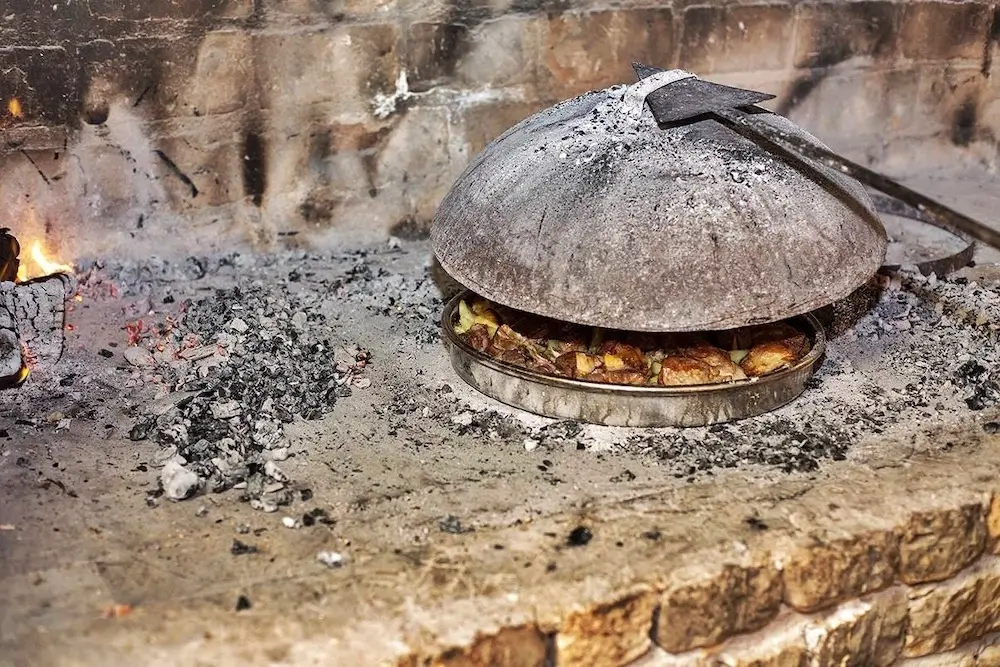
Discovering Authentic Croatian Cuisine A Gastronomic Journey 4
Zagreb and the Northwest: Meaty Affairs and Creamy Pastries
This region has a penchant for meat-based dishes, with turkey, duck, and game often taking center stage. Pastries, especially the ones filled with cheese or fruit jams, are also iconic in this region.
Slavonia: Spices, Paprika, and Fish Stews
Close to Hungary’s borders, Slavonia’s cuisine is marked by its spiciness. With a fondness for freshwater fish, fish paprikash – a spicy fish stew – is a highlight. They also cherish their Kulen, a paprika-spiced sausage, representing the region’s bold flavors.
Pairing Your Meal with Croatian Wines
Wine in Croatia isn’t just a drink; it’s a tradition and passion passed down through generations. With its varied climatic regions, Croatia produces a vast array of wines.
Coastal Croatia: Plavac Mali and Malvasia
The coastal areas, especially Dalmatia, are known for Plavac Mali, a robust red wine. Istria and Kvarner, on the other hand, offer the aromatic white wine, Malvasia.
Inland Croatia: Grasevina and Teran
Grasevina, a versatile white wine, is predominant in the inland areas, especially Slavonia. While in Istria, do give Teran, a rich red wine with a peppery note, a try.
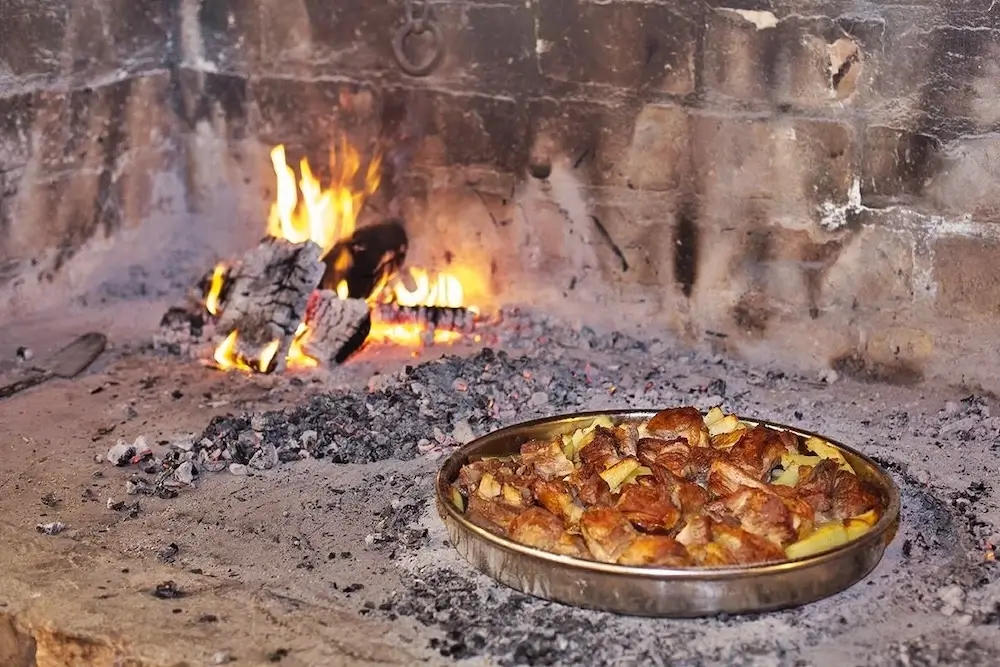
Discovering Authentic Croatian Cuisine A Gastronomic Journey 3
The Cultural Significance of Croatian Cuisine
Food has always been an integral part of any culture, serving as a bridge between generations and a testament to a nation’s history and values. Croatia, with its rich past and diverse influences, stands as a testament to this.
Festivals and Celebrations: Food at the Heart
Almost every Croatian festival or celebration has a specific dish or drink associated with it. From the Christmas Fritule (sweet fried dough balls) to the Easter Pinca (sweet bread), each culinary tradition carries with it tales of yore, marking the significance of the occasion.
A Legacy of The Adriatic
The Adriatic Sea has played a pivotal role in shaping Croatia, including its cuisine. Cities like Split aren’t just famous for their historic sites; they are gastronomic hubs where the freshness of the sea is served on a plate, celebrating the country’s long-standing maritime traditions.
Community and Togetherness
For Croatians, food isn’t just about sustenance. It’s about community, family, and celebration. Be it a family gathering or a local festivity, tables are laden with traditional dishes, marking moments of joy, remembrance, and unity.
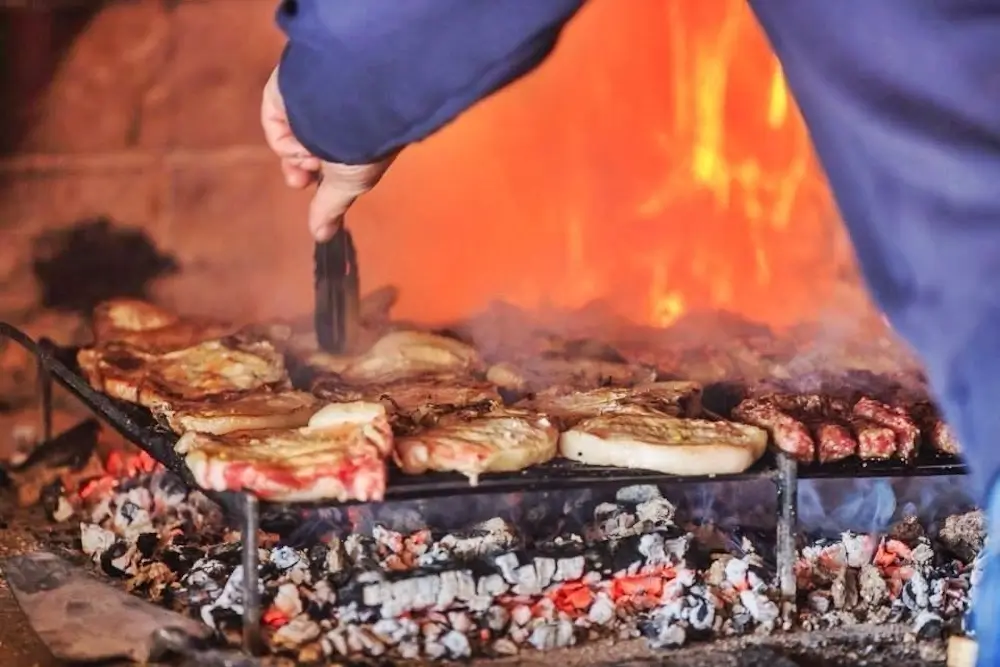
Discovering Authentic Croatian Cuisine A Gastronomic Journey 2
Tips for Culinary Tourists in Croatia
If you’re planning a trip and are keen to explore Croatia’s culinary wonders, here are some expert tips:
Dive into the Local Markets
Local markets are a treasure trove of fresh produce, cheeses, and meats. You can get a taste of the region’s specialties and even pick up some cooking tips from local vendors.
Take a Cooking Class
Several establishments, especially in major cities, offer cooking classes. This is a perfect way to immerse yourself in Croatian culinary arts and bring back more than just memories.
Trust Local Recommendations
Whether you’re chartering a yacht from Europe Yachts or merely exploring on foot, always trust local recommendations for eateries. They’ll guide you to authentic experiences, away from the more commercialized spots.
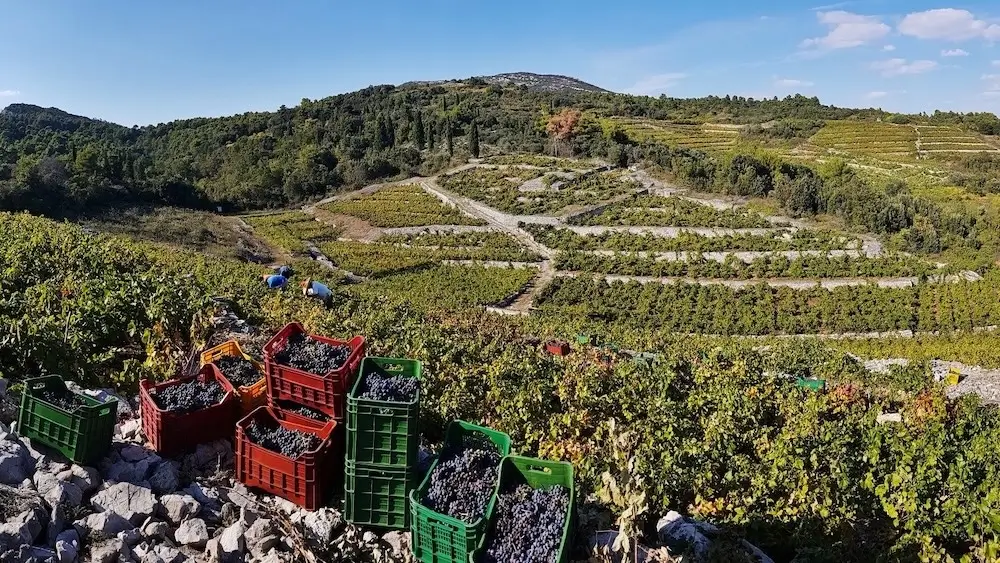
Discovering Authentic Croatian Cuisine A Gastronomic Journey 1
Conclusion
To truly understand and appreciate Croatia, one must dive deep into its culinary universe. Beyond the picturesque landscapes and historic monuments, it’s the flavors of Croatia – authentic, diverse, and rich – that will linger in your memory. So, the next time you find yourself on the Croatian shores, remember to feast not just with your eyes but also with your palate. After all, every bite tells a story.


